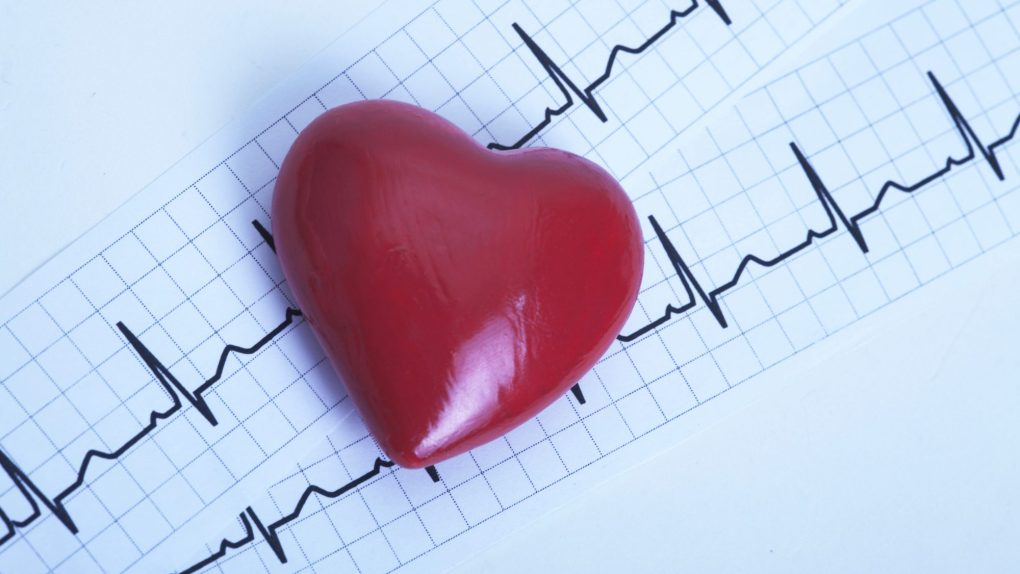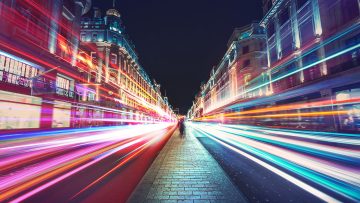In a world where working longer and longer hours is becoming the norm, products that keep us awake and alert have rapidly become must-haves for millions of people. Coffee, the old standby, has big competition from sweetened energy drinks, and the trend is growing across all age groups.
Now, a new study published in the Journal of the American Heart Association suggests that downing the often sugary drinks is more than just an expensive habit, and it could actually be playing some seriously nasty tricks on our hearts, leading to emergency room visits and even death.
The researchers involved in the study set up an experiment to track changes in heart rhythm and blood pressure after an individual consumed a popular energy drink. The trials, which included 34 adults ranging in age from 18 to 40, split the volunteers into two groups and gave half of the participants one of two energy drinks while the others were given a placebo.
The volunteers were in a fasted state when they consumed the drinks in order to provide the most accurate data, and the scientists monitored both heart rhythm and blood pressure every 30 minutes following the start of the experiment. After four hours of monitoring, the trials concluded and the researchers crunched the numbers.
Not surprisingly, the researchers found that various heart metrics shifted significantly after an individual consumed one of the two energy drinks, but that should be fairly obvious. However, an important change was noted that could point to a cause of increased emergency room visits and health emergencies related to energy drink consumption, and it’s related to the time it takes for the heart to complete a single “beat.”
The time it takes for the heart’s chambers to contract and then return to a relaxed state is known as a QT interval. The speed at which a heartbeat occurs can be affected by overall heart rate, so doctors correct for that factor using a measurement called QTc. An elevated QTc is thought to be connected with serious heart problems including arrhythmias and even cardiac-related death.
The study shows that energy drinks dramatically changed the QTc figures, which were significantly higher than those who consumed the placebo drink. The elevated QTc remained for as long as four hours after the drink was consumed. The researchers note that it’s unclear what ingredient or combination of ingredients most affects the QTc number, and that further study is warranted.








